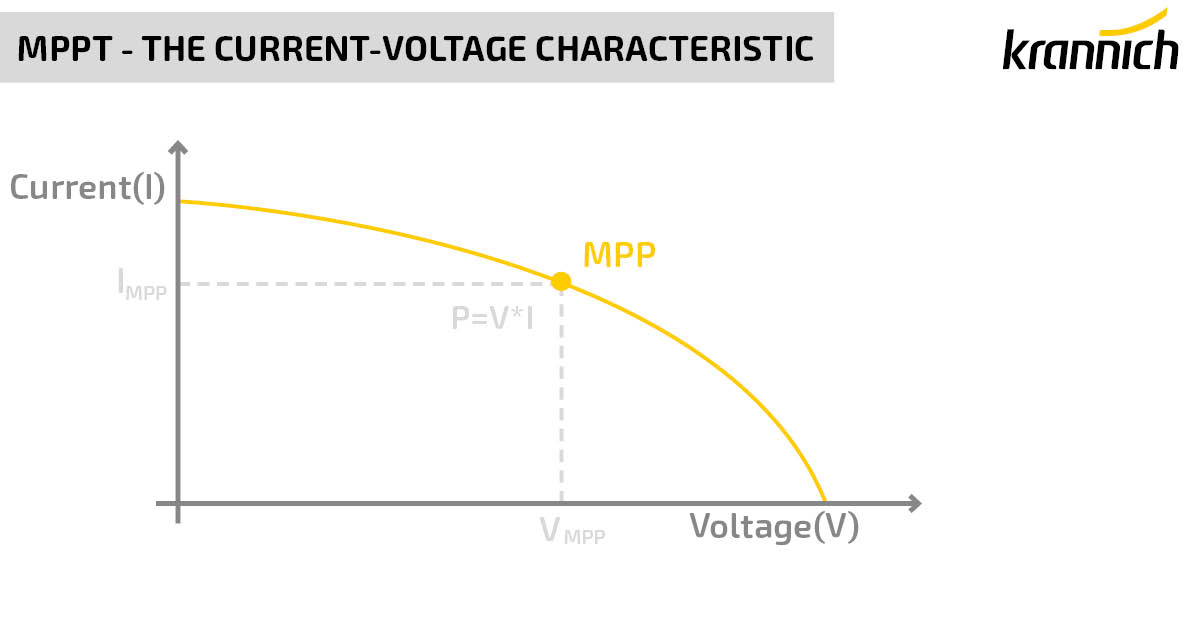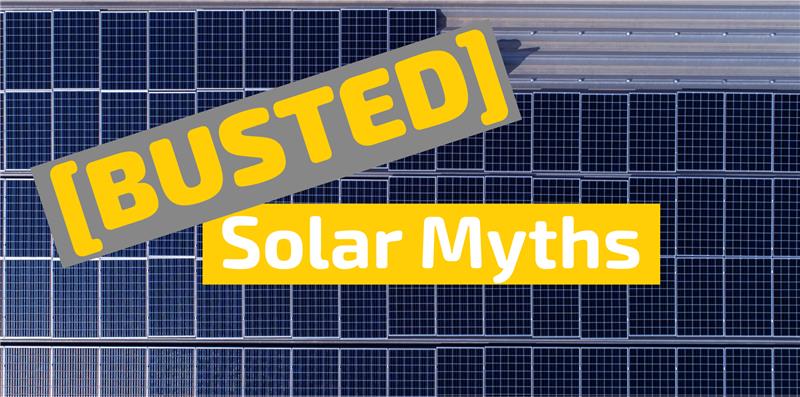

The Advantages of Microinverters
MICROINVERTERS ARE EFFICIENT, VERSATILE AND EASY TO INSTALL: WE REVEAL ALL THE ADVANTAGES OF THIS TYPE OF INVERTER.
Table of Contents
THE BASIC FUNCTION OF MICROINVERTERS
Microinverters are used in the installation of solar power systems. The microinverter is attached directly to a single solar module.
The solar module generates direct current. The microinverter converts this direct current into alternating current. The generated AC voltage can then be used in the household or the electricity can be fed into the public grid.
WHAT IS THE ADVANTAGE OF MICROINVERTERS?
The special feature of microinverters compared to string inverters is that one microinverter each is usually installed on a single solar module. With the other types of inverters, on the other hand, one inverter is used centrally for several solar modules to generate the alternating current.
Several modules are therefore connected in series, which means that the module that generates the least power sets the power for all modules. For example, if one module is shaded and produces a correspondingly low output, it will slow down all other modules installed in the same string. These modules output the same low power, even if they could actually produce full power under perfect sunlight.
This disadvantage is solved by microinverters: Each solar module can achieve the maximum power individually and independently of the other panels through its own microinverter. Monitoring and control of the individual solar modules is also provided by the microinverters. If a single module is affected by shading or even damaged, this therefore has no effect on the other modules.
HOW DOES MPPT WORK?
Usually a MPPT is installed in many microinverters. MPPT stands for Maximum Power Point Tracking. This means that the MPP tracker traces the current-voltage characteristic and detects at which point the maximum power is generated. It therefore recognizes at which point of the current-voltage curve the product (P measured in watts) of voltage (V in volts) and current (I in amperes) is the greatest.

The Maximum Power Point (MPP) is the largest possible product (W) of current (I) and voltage (V). It shifts depending on temperature, irradiation or shading and is therefore determined again and again. Thus, the yield and the performance of the solar module can be optimized.
THE EASY PLANNING AND INSTALLATION OF MICROINVERTERS
Microinverters bring another advantage for installers: what is special about this type of inverter is that it offers a lot of flexibility in installation and planning.
When installing solar modules, one microinverter is usually attached per module. Depending on the manufacturer, the number can be increased to a maximum of two solar modules per microinverter. This makes it easier to mount the solar modules on roofs with different roof orientations or dormers. Module for module can be aligned individually and less consideration has to be given to shading or dormers. This also simplifies the planning of the solar system.
During planning and installation, it must also be ensured that the correct microinverters are selected for the correct module power. In addition, the maximum number of microinverters per string must be considered in relation to the string power. Depending on the manufacturer, a certain number of microinverters can be connected in series. You can find this data in the installation instructions of the respective products.
Here at Krannich we supply a range of microinverters from top of the line brands- APSystems, Enphase, and Yotta Energy. Contact us today if you're interested in learning more.
